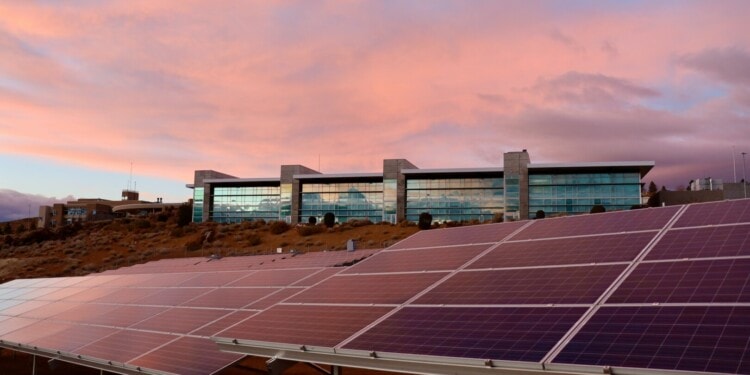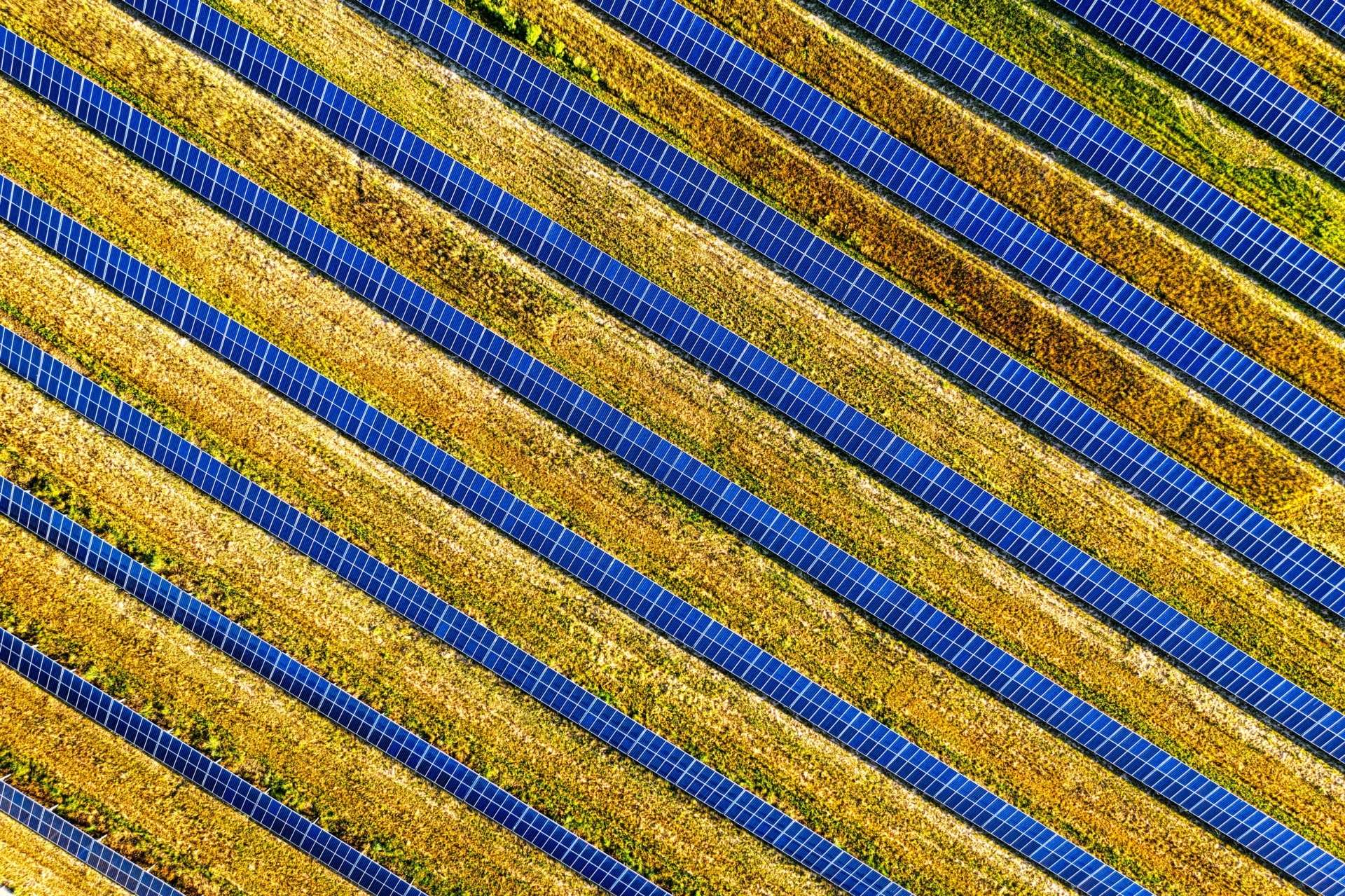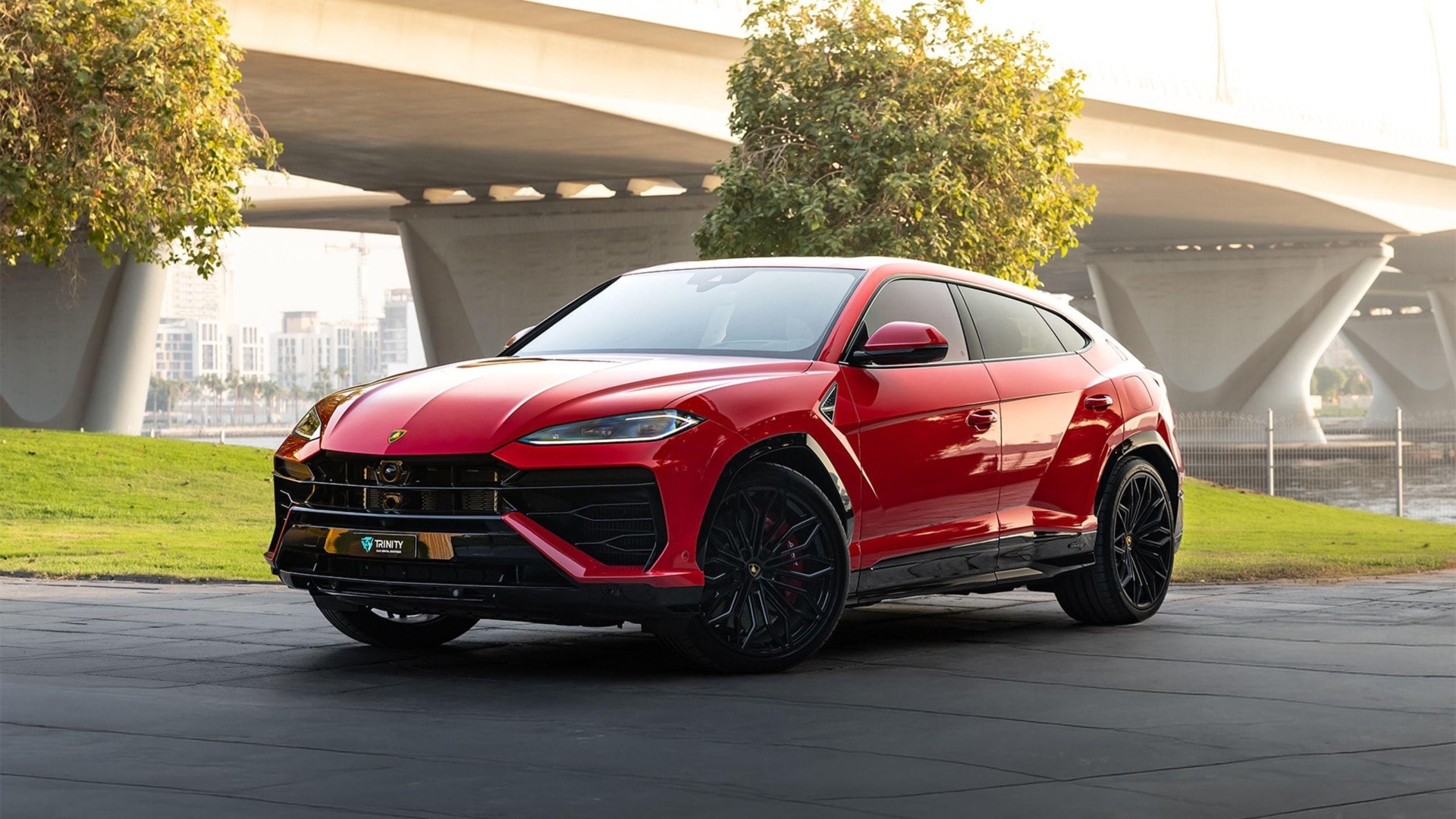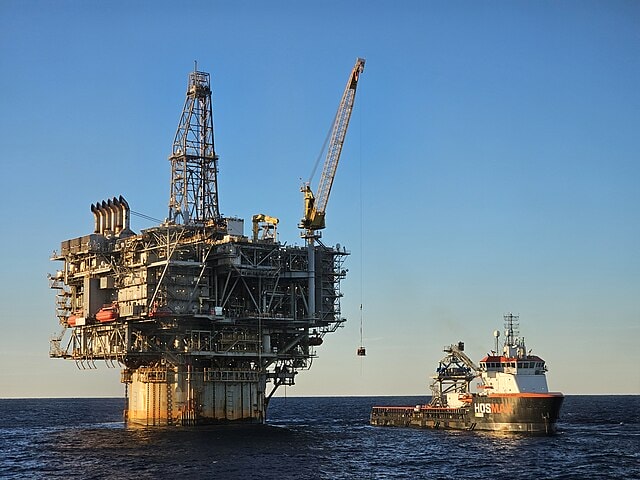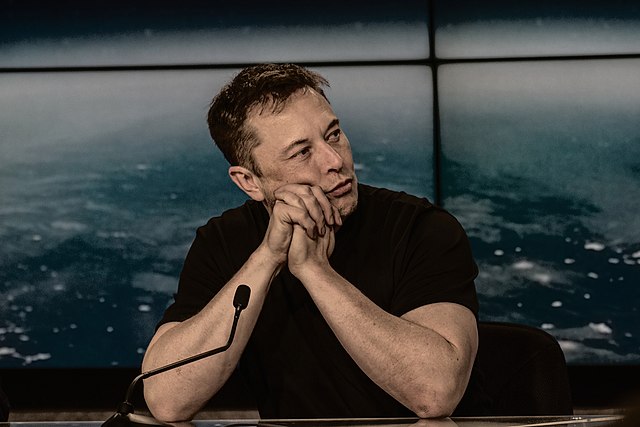Now, more than ever, European countries are looking for alternative clean energy solutions and reducing their dependence on fossil fuels. With the ongoing war in Ukraine, decreasing natural gas imported from Russia and achieving “strategic autonomy” has become an overarching goal.
While large industries and strategic infrastructures need a long-term plan to create a sustainable clean energy supply chain and massive investments to re-orient themselves, there are already several small and large-scale solutions available that could help countries meet their emissions targets and cut energy imports in the short term.
With the war in Ukraine, Europe is on the verge of an energy crisis but small-scale energy solutions could be a game-changer
In this article, we are looking at both, small-scale energy solutions that could be applied to residential areas but also larger-scale solutions that require larger investments. All the companies mentioned are European startups, some are at a very early stage some other have received significant investments already.
Considering the Russian threat to cut off the natural gas supply, Europe is clearly on the verge of an energy crisis. Governments, but also simple citizens need to take action now and choose clean energy solutions that will benefit both the environment and will allow them to be energy independent in the long term.
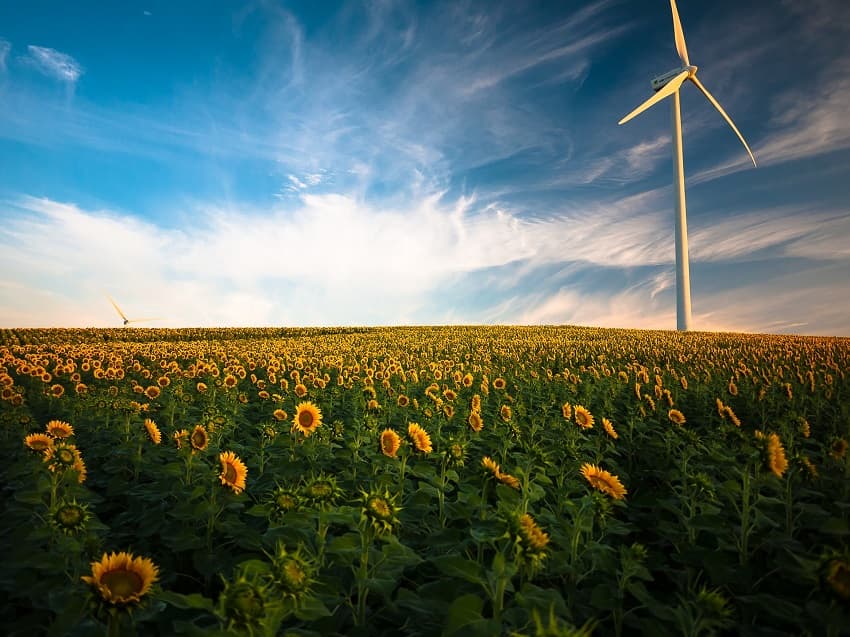
10 European Clean Energy Startups
There are several European startups working on clean energy solutions that could help mitigate the potential effects of an energy crisis, and here we look at ten of them. Some of the solutions highlighted could be easily installed on top of residential buildings, others will require much more space.
All of them have the same goal: clean energy without harming the environment.
Enpal
Enpal is a German startup that has launched an innovative scheme that allows homeowners to rent solar panels from the company, instead of buying them. Considering that solar panels’ cost is a major roadblock for people interested in installing them, Enpal could allow many more people access to clean energy.
The lease contract between the customer and Enpal includes installation, maintenance, and insurance. Users pay their rent for twenty years and after that period, they are able to purchase their panels for just one euro.
Enpal last year has completed its Series C round receiving an investment of 250 Million €, led by SoftBank. They have over 10,000 customers in Germany. Unfortunately, Enpal, only operates in Germany but there’s huge potential in this sector.
Could installing solar panels in every available space be a solution to prevent the European energy crisis?
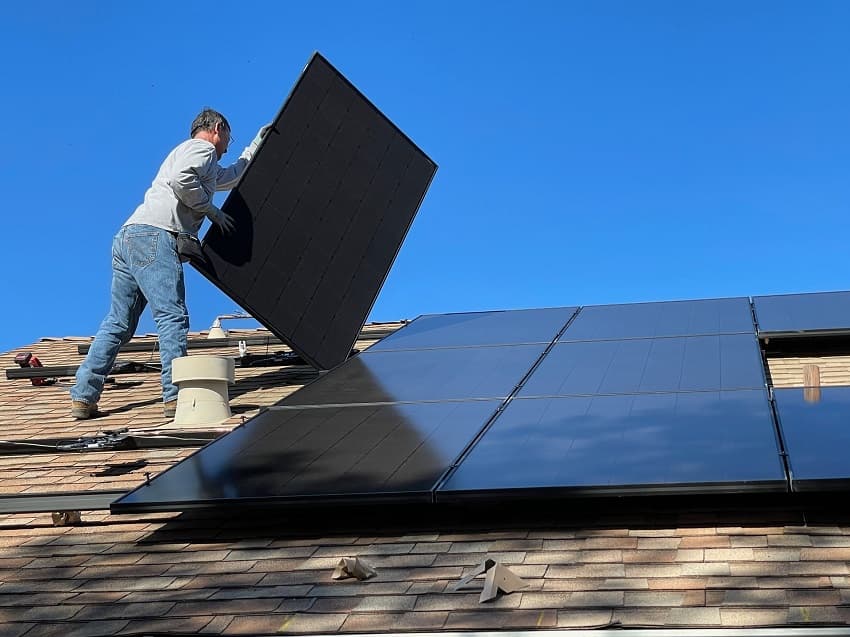
Windcity
Windcity offers an alternative clean energy solution that could be installed on rooftops too. It’s a wind turbine with an unconventional design, that allows for a greater acceleration with low-speed winds, compared to conventional turbines.
Windcity turbines are particularly suited for urban and suburban areas where wind streams do not generate enough energy for a conventional wind turbine. Windcity turbines can actually generate clean energy by spinning with vehicular flows. The Italian company is looking into applying similar technology to water streams too!
The unconventional design of Windcity’s turbines could also be integrated with solar panels to allow a full-scale energy solution on rooftops.
Mowea
Mowea offers a unique modular design to harness the power of wind energy. It combines standardized micro wind turbines into a single wind energy system and they could be piled up like LEGO bricks!
The system can be built according to the customers’ needs and it can be fully integrated with existing infrastructures. Mowea is currently supported by the Vodafone Accelerator and Innovation Incubator, Vodafone Uplift.
Mowea greatest strength is the flexibility of installation. Its micro wind turbines can be placed anywhere even in smaller spaces. Vantage Towers has installed Mowea’s micro-turbines on 52 of its radio towers in Germany and the turbines cover two-thirds of their energy consumption at average wind speeds.
Could these be the right solution for large industrial buildings?
https://www.youtube.com/watch?v=up9FgiVN40s
RELATED ARTICLES: Faraday Institution & Cambridge Cleantech Bringing Together Energy Storage Innovators | Gas and Nuclear Energy: How Sustainable? | US Cities Bought More Renewable Energy Than Ever in 2020. Here’s How | America Ramps up the Fight for Clean Energy with Creation of Clean Energy Corps | Exploring Offshore Wind Energy in Northeast U.S. |
Wind my Roof
The last wind-related clean energy solution for rooftops is the WindBox by the French startup Wind My Roof. This innovative solution allows wind to flow into a module placed on the roof where it gets perfect exposure to winds. The WindBox could also feature solar panels at its top: the energy produced by this mix of sun and wind has a very low carbon footprint.
Kraftblock
Sometimes the issue is not about producing energy, but about becoming smarter and avoiding that energy used will go to waste. Only about 60% of the energy in an industrial process is used for the product itself. 40% is waste: Kraftblock technology allows recycling that heat during industrial processes, storing it, and converting it into energy again when needed.
There are some industries that require a large amount of heat for their work. Thanks to Kraftblock the heat could either be reused for heating the facility or transformed into electricity.
With Kraftblock technology, also large factories can play an important role to prevent the energy crisis.
X-Wind
This German startup is looking to challenge traditional wind turbines with its innovative kites powered by high altitude winds, dragging power units located on dedicated circular rail tracks.
X-Wind system is completely emissions-free, animals safe, and landscape friendly as all that is visible are kites flying instead of massive turbines. Will we see soon a town with homes fully powered by X-Wind kites?
https://www.youtube.com/watch?v=swr-Nq7S3KU
Cyklone Tidal Energy
This startup has decided to harness the power of tides to generate clean energy. According to the Founder, Volker Osterlitz, wind turbines placed on the sea will suffer very quickly from deterioration due to natural elements.
This is why Cyklone Tidal energy, believes it would be more effective to use the kinetic power of the sea tides to generate cheap power. According to the company, the power generated by Cyklone Tidal Energy’s kinetic turbines placed in the sea could produce cheap energy – it would only cost only one cent per kWh, compared to the five cents per kWh, of diesel.
Enapter
Enapter is a tech company based in Italy with offices in Germany, Thailand, and Russia. It has developed an Anion Exchange Membrane (AEM) electrolyzers that allows green hydrogen production. The electrolyzer by Enapter is modular and features a plug-and-play design that is already used for energy storage, mobility, heat, industry, and power-to-fuel.
Enapter won the Earthshot Prize, established by HRH Prince William and the Royal Foundation, in the category “Fix our Climate” in 2021. Hydrogen, especially green hydrogen, will be in the long term the fuel for most of our vehicles.
Grove Energy
While the electric vehicles market grows, it becomes equally more important to find clean energy solutions to power these EVs. Grove Energy’s solution is an independent and decentralized network of small charging stations powered by hydrogen. Those will be able to produce up to 2x 22 kWh of electricity allowing overnight EV charging. The only byproduct of these stations will be water and it will be used to water nearby trees and plants.
It is a simple and very effective idea!
Phelas
One of the main issues with renewable energy is its intermittency. To fix this, Phelas has built Liquid Air Energy Storages (LAES) for wind and solar energy.
Phelas system is based on the concept of liquid air storage: during the charging process, the air is cooled down to cryogenic temperatures and liquified. Once energy is needed, the cryogenic liquid is heated and evaporates. The strong increase in volume and pressure is used to generate electricity.
Phelas could be crucial to store extra energy from solar or wind power and then reuse it when needed and energy storage is one of the key solutions to avoiding the energy crisis.
While we are aware that this list is just a glimpse of the European cleantech startups ecosystem, we would also be happy to connect with the founders of other sustainable startups, not only from Europe.
In the cover picture: Solar Panels. Photo Credit: Manny Becerra via Unsplash
Editor’s Note: The opinions expressed here by Impakter.com columnists are their own, not those of Impakter.com


